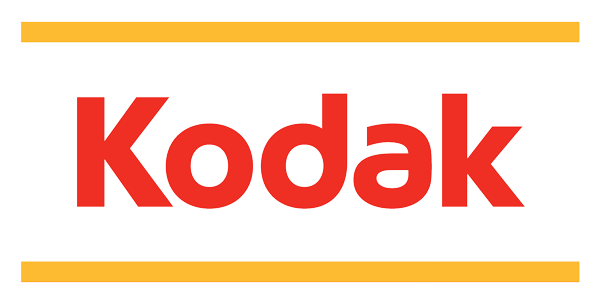Apple seeks approval to sue bankrupt Kodak for patent infringement
In a filing with U.S. Bankruptcy Court in New York this week, Apple asked a bankruptcy judge for the ability to sue Kodak over patents it believes are infringed in to printers, digital cameras and digital picture frames According to Bloomberg, Apple intends to file two lawsuits against Kodak: one with the U.S. International Trade Commission, and another with the U.S. District Court in Manhattan.
As is standard for patent infringement suits, Apple hopes to have the ITC bar the importation of Kodak devices for the alleged infringement. Apple's attorneys noted in the filing they are showing "an abundance of caution" by asking the bankruptcy judge for approval, as bankruptcy law does not prevent infringement suits from being filed.
Lawsuits between the two companies first began in January of 2010, when Kodak sued Apple and accused its iPhone of infringing on a patent related to previewing images. Apple, however, believes it is the true owner of that patent, as it co-developed a digital camera in the early 1990s with Kodak.
Apple quickly countersued Kodak a few months later, accusing a range of products from the camera maker of violating two patents. Apple also earned an early victory against Kodak when the ITC ruled in its favor last June.
As its financial troubles came to a head, Kodak continued to file patent infringement suits against Apple, with the latest complaint issued last month. In that suit, Kodak accused both Apple and HTC of violating four new patents related to digital imaging.
But Kodak also formally filed for bankruptcy last month, seeking to restructure and protect its business. Citigroup has agreed to loan the ailing company $950 million to help shore up its capital ahead of the proceedings, and the 120-year-old company has said it "believes it has sufficient liquidity to operate its business during chapter 11."
 Sam Oliver
Sam Oliver











 Mike Wuerthele
Mike Wuerthele

 Malcolm Owen
Malcolm Owen
 Chip Loder
Chip Loder

 William Gallagher
William Gallagher
 Christine McKee
Christine McKee
 Michael Stroup
Michael Stroup







61 Comments
Cool. Apple is setting itself up to get Kodak's patents.
Forget about the lawsuit, just buy the company and have at it. Less mess...
Rochester could use a boost if Apple bought Kodak and converted it to an East Coast HQ for Apple...
Yeah I know... won't ever happen, but hey.....
Rochester could use a boost if Apple bought Kodak and converted it to an East Coast HQ for Apple...
Yeah I know... won't ever happen, but hey.....
I have memories of flying in from the UK and driving there from Boston when Kodak had hired me as a consultant for digital imaging back in the early days. The snow started just west of Boston and by the time I reached Rochester I was certain I'd over shot and was at the North Pole!
I think Apple folk would prefer somewhere with all year round accessibility being used to California. Now Sarasota, Florida would make an excellent East Coast location ... Plus we are never struck by hurricanes thanks to a mix of geography and Indian spells
p.s. The Digital Division at Kodak were very keen to expand but the main board were convinced digital could never come close to the resolution of film ... /sigh
Is this some kind of corporate necrophagia or is Apple just trying to become the most unsympathetic company in the world? Their lawsuits have taken on dimensions beyond the ridiculous.